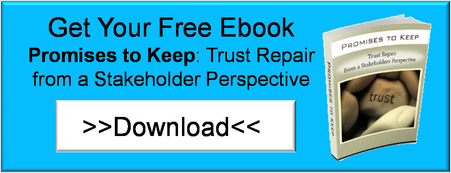 Too often, the challenges of small business leads to stress in your company, but also in your life. When business is your life, and your life is your business, the adage "leave it at the door" doesn't always apply.
Too often, the challenges of small business leads to stress in your company, but also in your life. When business is your life, and your life is your business, the adage "leave it at the door" doesn't always apply. - Specific – The who, what, where, when, why, and which. Your objectives should be unmistakable and link together what is expected, why it is important, who is involved, where it is going to happen, and which constraints are in place. It is much easier to visualize if you make it specific which in turn, will be easier to measure. A vague ideal is not something that you can get excited about because it is not attainable or has not used key information.
- Measurable – Imagine that you are trying to navigate a trip in a foreign country with a map without a key…you are probably going to get lost, right? The journey to reach your goals should have similar benchmarks. When mapping out your journey, you should include a concrete criterion for measuring progress and achievements.
- Attainable - Your ambitions should be realistic and possible for you to reach. It is counter intuitive to set yourself up for failure. If you make a goal that is impossibly out of your reach, that is exactly what you are doing. Ask yourself, can I physically, mentally, and economically attain this goal? Will I accomplish this a certain amount of time? What, if anything, could hold me back from achieving my ideal?
- Relevant - Your objectives should matter to your business. A goal that does not address the core value of your business is not one that is worth having.
- Timely - You should have an expected date of when you plan to reach your target. You can check out our more in depth blog post about SMART goals here, but using the SMART goal method (specific, measurable, attainable, realistic, and timely) will help as you're evaluating your business’ strategic process.
Save on the aspects of your business that don’t make you money, and spend on the aspects that do. Before you spend a lot of money on fancy offices, fixtures or state-of-the art technology, consider other, less expensive ways.
Some of the ways we specialize in increasing your bottom line are:
-Brand Essence
-Gathering Information and using existing research related to brand awareness and attitudes, as well as brand loyalty, satisfaction and trust. This should include executive interviews, focus groups, surveys, ethnographies, etc.
-Gaining Insight to facilitate an appreciative working session to uncover current perceptions of the brand essence, and aspirations for the brand.
-Plus many more








